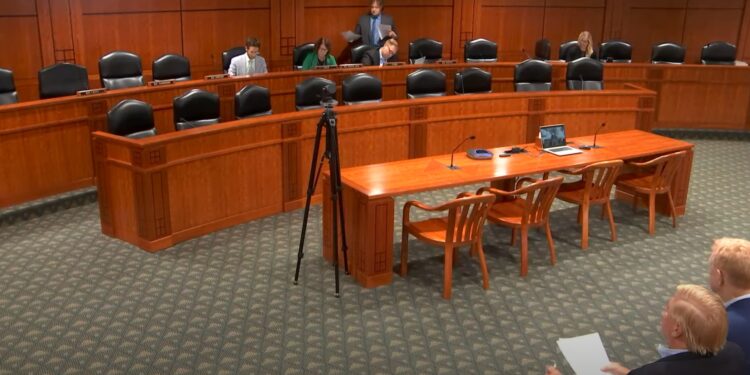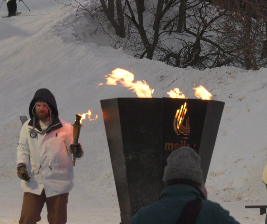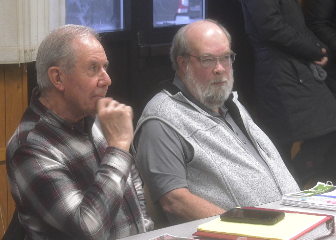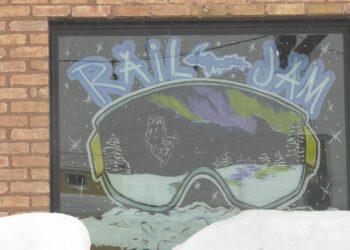LANSING, Mich. (WZMQ) – State lawmakers heard testimony from both supporters and opponents of a proposed $50 million infrastructure grant tied to the Copperwood Mine in Michigan’s western Upper Peninsula during a House Appropriations Subcommittee on Labor and Economic Opportunity hearing.
Local leaders say the project would unlock long-term economic growth in the region by expanding road and water infrastructure near Wakefield Township to support the proposed copper mine. But environmental advocates argue the project comes at too high a cost.
Marty Fittante, CEO of InvestUP, said the mine offers a rare opportunity for a rural region struggling to attract long-term investment.
“This is such a significant opportunity, and if we don’t realize it, we’re really worried about what opportunities are coming behind it, and frankly, there’s not,” Fittante said. “The disappointing part about it taking so long is the community continues to hurt by virtue of the missed opportunity.”
Fittante and Wakefield Township Supervisor Mandy Lake were among several supporters who testified in Lansing Wednesday, highlighting strong local backing for the project. According to Lake, 22 local units of government have submitted letters of support, and yard signs in favor of the mine line many rural roads in Gogebic and Ontonagon counties. Lake also pushed back against criticism that the mine would be too close to sensitive natural resources like Lake Superior and the Porcupine Mountains Wilderness State Park.
“This isn’t the only project close to the lake,” Lake said. “White Pine is also nearby and has had tailings ponds for decades with no issues. If other mines can be done right, why not this one?”
However, environmental advocates warned lawmakers that the mine could do irreversible damage to wetlands, forest habitat, and the Lake Superior watershed.
Protect the Porkies founder Tom Grotewohl said the infrastructure grant amounts to a state subsidy for a project with long-term risks and short-term economic benefits.
“This mine will impact thousands of acres of wetlands and forest habitat, pose risk to Lake Superior’s watershed, and threaten the nearby national park that draws tens of thousands of visitors each year,” Grotewohl told lawmakers. “This is a false choice between jobs and environmental protection.”
Others who testified against the project questioned whether the economic benefits would stay in the region, pointing to Highland Copper’s Canadian ownership. They also raised concerns about the precedent of using taxpayer funds to subsidize a private mining venture, saying if there was a need for the project it could be funded privately.
The proposed infrastructure funding is included in the House version of the state budget, but with budget negotiations still incomplete weeks after the July 1 deadline, stakeholders remain in limbo. Lake said the delay has created uncertainty for local planning and economic development efforts.
“We’re still very hopeful this will come to fruition,” Lake said. “But it’s frustrating to be waiting so long. Our communities are ready to move forward.”
No votes were taken during Wednesday’s hearing, and it remains unclear whether the grant will remain in the final budget. State lawmakers have not yet announced a timeline for completing budget negotiations.










